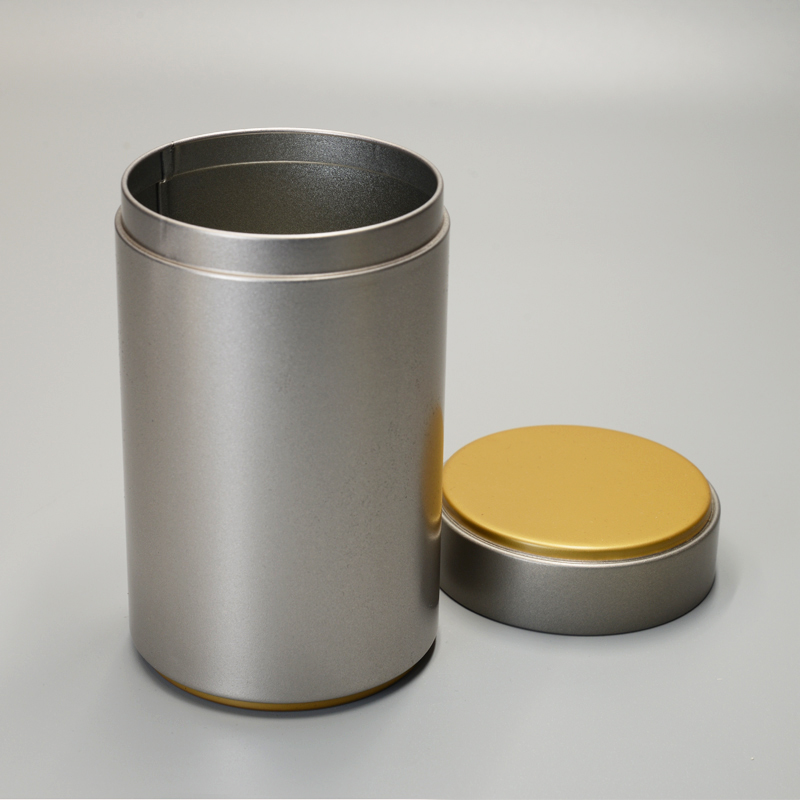Are your food storage jars made of metal or aluminum?

When choosing the right food storage jars, one may consider a variety of factors such as durability, sustainability, and even aesthetics. Two popular options on the market are metal cans and aluminum cans. Both materials have unique advantages and are widely used by manufacturers to preserve food. So let’s delve into the world of metal and aluminum cans and determine which one is better for storing food.
Metal cans are usually made of steel and are a common choice for food packaging and storage. These jars have a long history of use and have proven to be very reliable. Its robust construction ensures maximum protection from external elements such as light, humidity and air, thus maintaining the freshness and quality of stored food. Metal cans are known for their impact resistance, making them ideal for long-term storage or shipping.
On the other hand, aluminum cans have become more and more popular in recent years due to their lightweight and environmentally friendly properties. Aluminum is a lightweight metal with excellent corrosion resistance, making it suitable for storing acidic and carbonated foods. Unlike steel cans, aluminum cans do not require additional protective coatings, reducing the complexity of the production and recycling process. Additionally, aluminum is highly recyclable, making it an environmentally friendly choice.
Aluminum cans have a slight advantage over metal cans when it comes to sustainability. Aluminum is one of the most recyclable materials in the world, with an average recycling rate of over 70%. The aluminum recycling process requires far less energy than the production of new aluminum, reducing carbon emissions and contributing to a greener planet. Metal cans, while recyclable, may require additional energy-intensive processes during recycling.
Another aspect to consider is the effect of materials on storing food. Due to the presence of iron, metal cans may react with certain types of food, causing a change in taste or discoloration. However, aluminum cans have a natural oxide layer that provides a barrier to prevent direct contact between the can and the food. This ensures preservation of flavor and quality, making aluminum cans the first choice for delicate or sensitive foods.
Both metal and aluminum cans are relatively affordable options in terms of cost. However, exact cost may vary based on factors such as size, design and manufacturing process. Metal cans, especially steel cans, may cost slightly less due to the plentiful supply of steel. Aluminum cans, on the other hand, may have a higher initial cost, but this can be offset by the energy savings achieved during the recycling process.
To sum up, both metal and aluminum cans have their own advantages when it comes to food storage. Metal cans offer durability and impact resistance, while aluminum cans offer a lightweight and eco-friendly solution. Ultimately, the choice between the two materials comes down to personal preference, the specific food being stored, and the level of sustainability desired. Whichever option you choose, metal and aluminum cans promise reliable food storage, ensuring preservation of freshness and quality.
Post time: Jul-21-2023